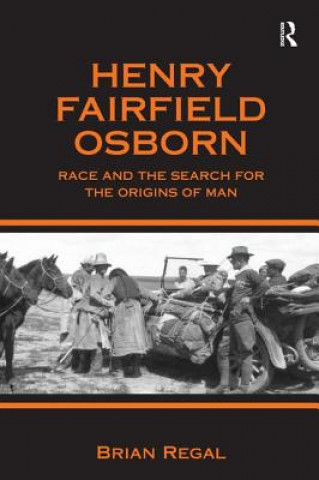
Code: 04677837
Henry Fairfield Osborn
by Brian Regal
As president of the American Museum of Natural History, Henry Fairfield Osborn (1857-1935) was an important figure in late-19th- and early-20th-century American science. His career put him in a unique position to find the first hu ... more
- Language:
 English
English - Binding: Hardback
- Number of pages: 240
Publisher: Taylor & Francis Ltd, 2002
- More about this

You might also like
-
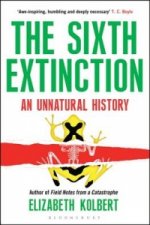
Sixth Extinction
58.27 zł -19 % -
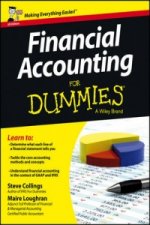
Financial Accounting For Dummies, UK edition
98.48 zł -29 % -
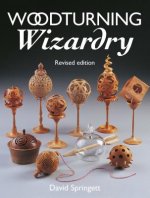
Woodturning Wizardry
105.90 zł -8 % -
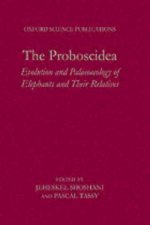
Proboscidea
971.93 zł -
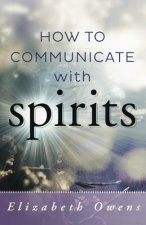
How to Communicate with Spirit
75.94 zł -4 % -

Race for the Reichstag: The 1945 Battle for Berlin
80.31 zł -23 % -
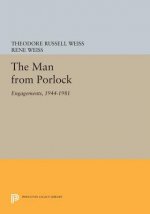
Man from Porlock
289.79 zł -
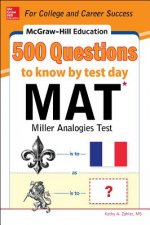
McGraw-Hill Education 500 MAT Questions to Know by Test Day
86.71 zł -8 % -
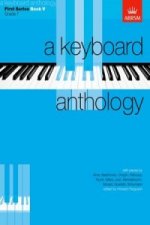
Keyboard Anthology, First Series, Book V
40.61 zł -15 % -

Light Sheet Based Fluorescence Microscopy
461.49 zł -

Chickpea Breeding and Management
1564.92 zł -
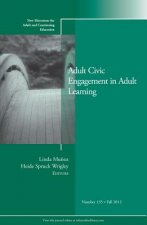
Adult Civic Engagement in Adult Learning
103.26 zł -23 % -

Hours We Work: New Work Schedules in Policy and Practice
257.29 zł -
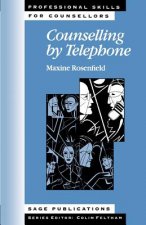
Counselling by Telephone
383.30 zł
Give this book as a present today
- Order book and choose Gift Order.
- We will send you book gift voucher at once. You can give it out to anyone.
- Book will be send to donee, nothing more to care about.
More about Henry Fairfield Osborn
You get 471 loyalty points
 Book synopsis
Book synopsis
As president of the American Museum of Natural History, Henry Fairfield Osborn (1857-1935) was an important figure in late-19th- and early-20th-century American science. His career put him in a unique position to find the first humans and his public profile lent authority to his pronouncements on science, education and the state of society. His reputation was second only to Darwin. In 1922, Osborn led an expedition subsequently synonymous with the discovery of an array of dinosaurs, in an attempt to prove that Central Asia was the cradle of Man, effectively to "see where we came from". This was the Central Asiatic Expedition. Osborn argues that contemporary humans had developed from human-like ancestors with little direct connection to primates, the difference being the level of struggle - the harder the struggle, the more developed the species became. Though Darwinian evolution provided a useful pseudo-scientific theory for social injustice, with perceived racial differences taken as indicators of biological "facts" which could be used to support behaviour stemming from prejudice, the work of Osborn linked questions of evolution, the biological study of ethnicity, and social Darwinism in a way as yet unexplored. Part of Osborn's larger objective was to show that an individual's characteristics were a result of their biological and geographical origins. His search for the origins of man was this idea taken to its biological extreme. This text examines Osborn's work with an emphasis on his own personal experience. The author argues that it would be simplistic to view him as a racist merely, and invokes a complex set of paradigms that must be considered when reviewing Osborn's thought and work. Raised a Presbyterian, he retained Christian values, though he was proud to describe himself as a staunch empiricist. In this analysis, Osborn believed that if his theory of evolution was borne out it would, by analogy, suggest that his belief in the possibility of achieving salvation would also be borne out, as, to him, both were products of God's laws.
 Book details
Book details
Book category Books in English Society & social sciences Sociology & anthropology Anthropology
815.05 zł
- Full title: Henry Fairfield Osborn
- Author: Brian Regal
- Language:
 English
English - Binding: Hardback
- Number of pages: 240
- EAN: 9780754605874
- ISBN: 0754605876
- ID: 04677837
- Publisher: Taylor & Francis Ltd
- Weight: 600 g
- Dimensions: 234 × 156 mm
- Date of publishing: 19. March 2002
Trending among others
-
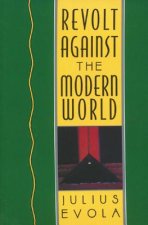
Revolt Against the Modern World
124.78 zł -6 % -
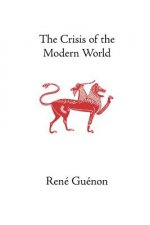
Crisis of the Modern World
83.25 zł -
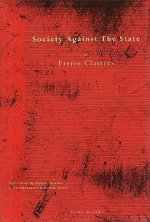
Society Against the State
98.08 zł -9 % -
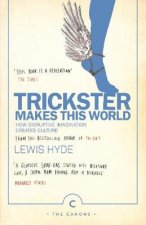
Trickster Makes This World
52.38 zł -23 % -

Purity and Danger
99.30 zł -4 % -
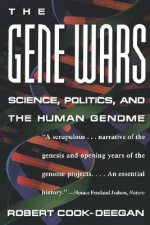
Gene Wars
116.76 zł -3 % -
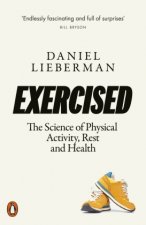
Exercised
58.27 zł -19 % -
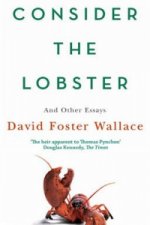
Consider The Lobster
46.50 zł -19 % -
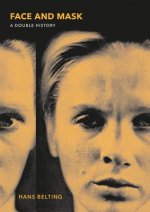
Face and Mask
273.95 zł -
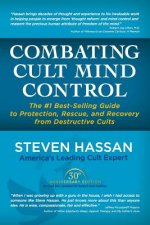
Combatting Cult Mind Control
97.77 zł -
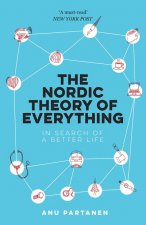
Nordic Theory of Everything
49.85 zł -19 % -
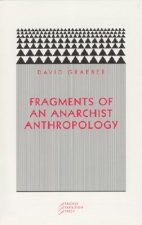
Fragments of an Anarchist Anthropology
55.53 zł -9 % -
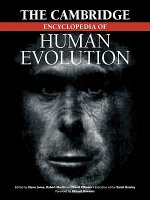
Cambridge Encyclopedia of Human Evolution
472.86 zł -
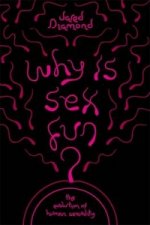
Why Is Sex Fun?
47.71 zł -23 % -
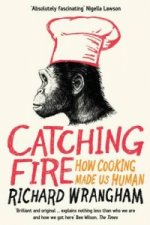
Catching Fire
58.27 zł -19 % -
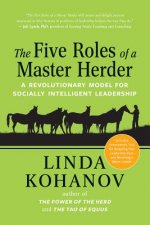
Five Roles of a Master Herder
81.32 zł -6 % -
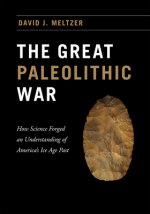
Great Paleolithic War
260.24 zł -9 % -
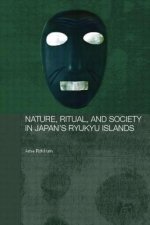
Nature, Ritual, and Society in Japan's Ryukyu Islands
335.99 zł -
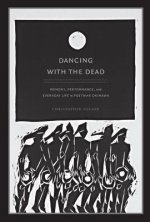
Dancing with the Dead
159.71 zł -
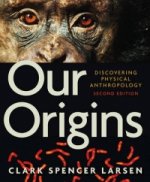
Our Origins
417.52 zł -5 % -

Revealing Lateglacial Landscapes
195.35 zł -
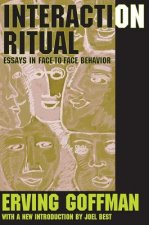
Interaction Ritual
294.35 zł -
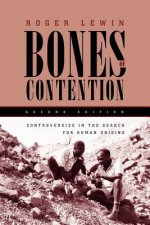
Bones of Contention
216.98 zł -
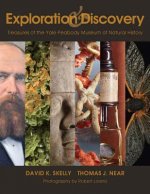
Exploration and Discovery - Treasures of the Yale Peabody Museum of Natural History
106.61 zł -9 % -

Watching the English
51.57 zł -19 % -
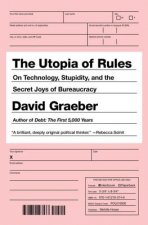
Utopia Of Rules
73.50 zł -19 % -

Continuum Concept
58.27 zł -19 % -

Kill All Normies - Online culture wars from 4chan and Tumblr to Trump and the alt-right
57.77 zł -10 % -
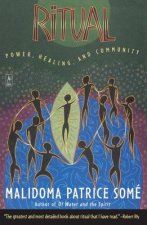
Ritual
62.84 zł -10 % -
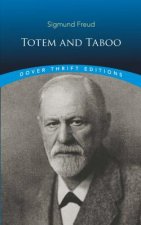
Totem and Taboo
31.67 zł -23 % -
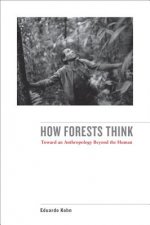
How Forests Think
138.29 zł -
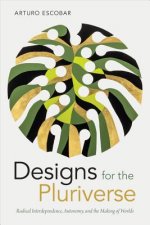
Designs for the Pluriverse
165.09 zł -
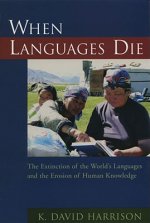
When Languages Die
170.78 zł -
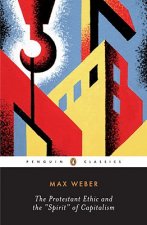
Protestant Ethic and Other Writings
70.97 zł -23 % -
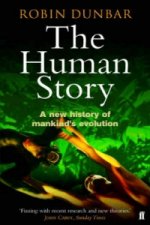
Human Story
61.73 zł -23 % -
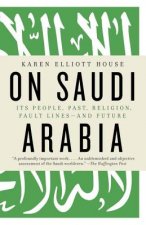
On Saudi Arabia
79.90 zł -13 % -
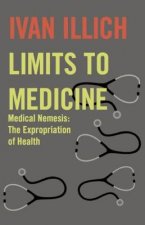
Limits to Medicine
77.36 zł -7 % -
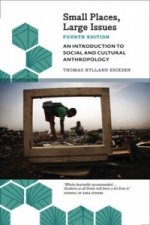
Small Places, Large Issues
116.96 zł -5 % -
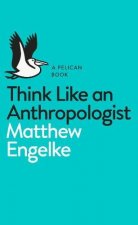
Think Like an Anthropologist
52.38 zł -23 % -
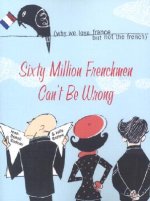
Sixty Million Frenchmen Can't Be Wrong
90.46 zł -9 % -
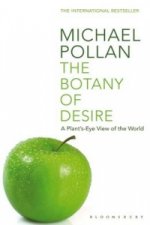
Botany of Desire
70.97 zł -23 % -
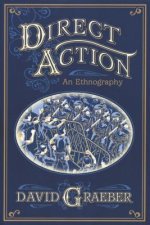
Direct Action: An Ethnography
121.33 zł -8 % -
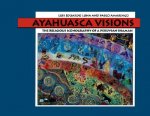
Ayahuasca Visions
159.92 zł -8 % -
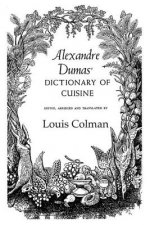
Alexander Dumas Dictionary Of Cuisine
320.45 zł -
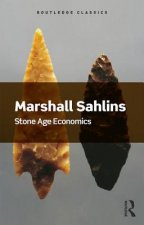
Stone Age Economics
99.30 zł -4 % -
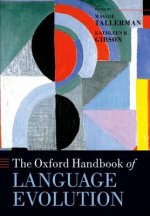
Oxford Handbook of Language Evolution
227.34 zł -
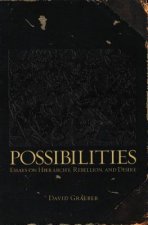
Possibilities
94.12 zł -9 % -
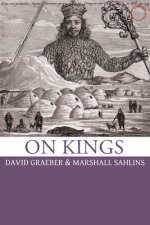
On Kings
137.78 zł -

Memorial Museums
250.59 zł
safisfied customers
Since 2008, we have served long line of book lovers, but each of them was always on the first place.
Copyright! ©2008-24 libristo.pl All rights reservedPrivacyPoučení o cookies



 21 million books
21 million books Delivery 12.99 zł
Delivery 12.99 zł (32) 444 93 66 (8-15.30h)
(32) 444 93 66 (8-15.30h)